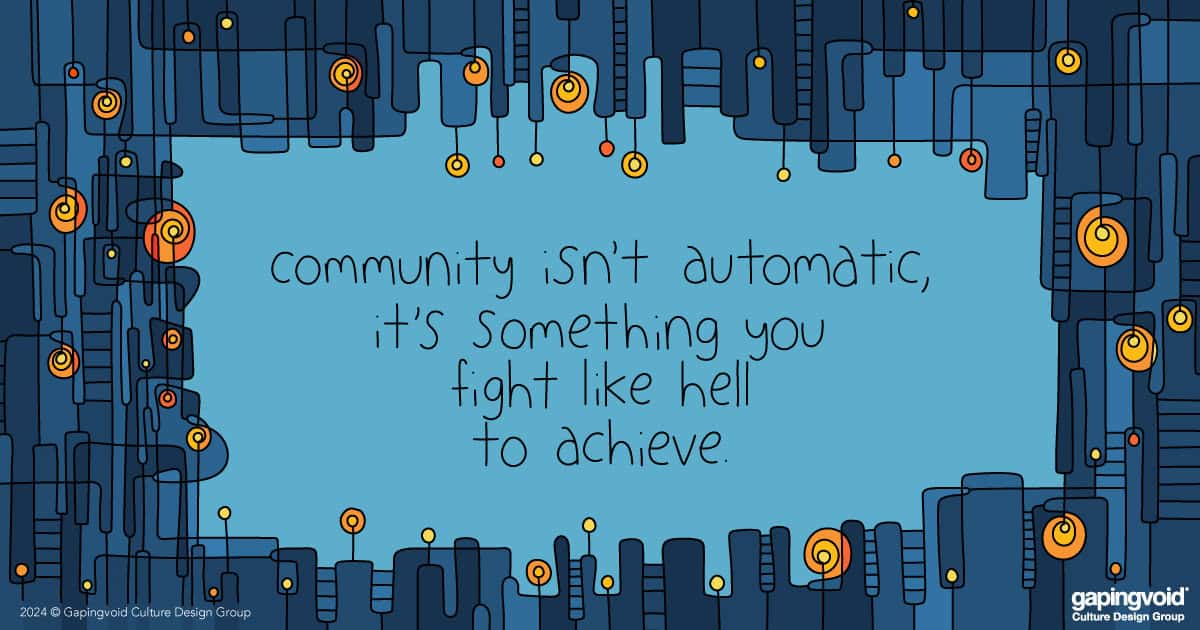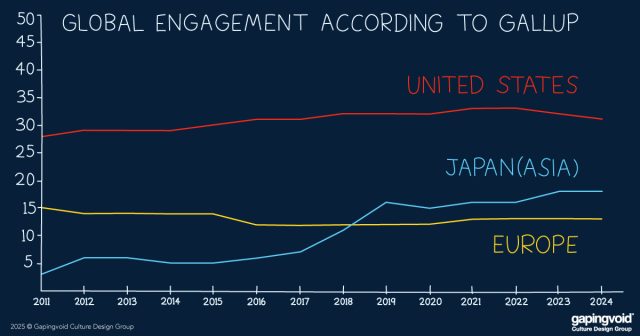
After half a century working there, Joe Holtz, the director of Brooklyn’s Park Slope Co-op, one of the oldest food co-ops in the country is stepping down. Naturally, people are wondering what comes after he leaves.
To us, the question really is, how the heck did they manage to keep it going for that long in the first place, with all the market forces known to man dead set against it. And turn it into a $55 million business in the process.
Easy answer, at least in theory, is that it’s not about all of their amazing organic food. It’s about how ideology creates culture, which creates community, which creates a business of lasting value: “the largest, busiest and most argument-inducing single-store food cooperative in the United States” to be exact.
Choire Sicha’s legendary Awl Magazine once called the co-op “that magical place in Brooklyn where neighbor turns against neighbor regarding issues such as boycotting Israeli food and, oh, anything else.”
As Margaret Heffernan said, “conflict is frequent, where candor is safe.” Their members care enough to fight, which is more than a lot of businesses can say. It may be a pain in the neck at the best of times, but they wouldn’t do it without a deep sense of belonging and the feeling that it matters.
Part of the co-op’s success over the years has been its exclusivity. They may not be for everyone, but that’s precisely why people want in. They also don’t sell everything. Intentionally. Take cold beer. As the New York Times writes, “A few years ago, the co-op overturned a long-running ban on selling beer. There was a catch, though. The members insisted that it not be kept in a refrigerator. ‘The co-op didn’t want to be a source for people who wanted a cold beer in a hurry.’”
Inconvenient? Sure. Counterintuitive? Of course. But it is effective. Unlike a lot of supermarkets with much deeper pockets from the last fifty years, they’ve been able to survive without fundamentally changing their vision in the process.
As one member put it, “The co-op is outside capitalism, so it’s solving problems a different way,” even though (shhh) it’s really not outside capitalism and (shhh) it’s more socializing than social change.
But that’s not the point. They’re not selling groceries, they’re selling belonging and meaning. And in a teeming metropolis of eight million heaving bodies, that’s pretty special.
The jury is still out on whether or not the co-op will survive once Holtz leaves, but one thing will certainly remain: a wonderful lesson for all of us in designing culture and community, ruthless capitalists and rainbow-chasing hippies alike.



